Are you planning to buy a home in Dubai? If yes, then there are some points you should consider while planning for this. Through this article, you will find an inclusive list of the things you need to bear in mind before owning a home in this outstanding emirate
- The Ownership Duration
- Affordability
- Savings
- Rental Yields
- Real Estate Residence Visa
- Location
- Property Size
- High Quality
- Market Conditions
- FAQs
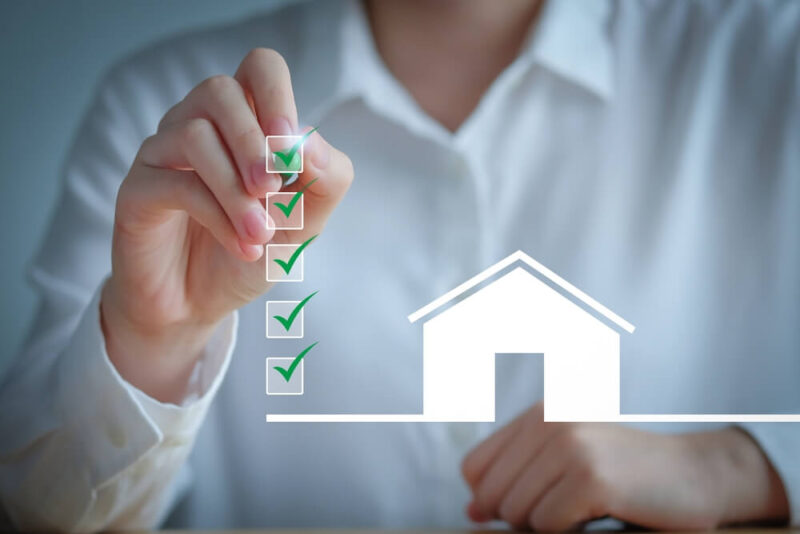
Top 9 Factors to Check When Buying a Home in Dubai
Having a list is the best way to avoid missing any detail; that’s why we brought you the top 9 factors to consider during the process of buying a property in Dubai. This is to keep it simple and useful for you.
1. The Ownership Duration (Tenure)
Before taking real steps in such investment, you should ask yourself some questions to clear your vision; these questions are how long have you been in Dubai? And how long is the period you are planning to spend here?
The answers to these questions are pretty important when you’re planning to own a property in Dubai; this is as if you’re not sure about your long-term plans or stay in the country, then maybe renting is more suitable for you.
2. Affordability
There is a global norm that helps you define affordability which is your monthly housing expenses should not exceed 30% of your salary. It’s also crucial to budget for upfront fees, which can be estimated at approximately 7 to 8% of the purchase price.
As an owner, you will also have to plan for the ongoing maintenance fees as well as pay the annual service fees.
You can find below some of the needed fees for buying a property in Dubai for a cost overview.
- Dubai Land Department fees: 4% of the total property price
- Administration fee: AED 580
- Property registration fee:
- AED 2000 + 5% VAT: For properties valued below AED 500,000
- AED 4,000 + 5% VAT: For properties valued above AED 500,000
- Real Estate Agent fee: 2% of the purchase price + 5% VAT
- Bank Mortgage Arrangement fee: 1% of the loan amount + 5% VAT
- Dubai Land Department Mortgage Registration fee: 0.25% of the loan amount + AED 290
- Property Valuation fee: Between AED 2,500 – AED 3,500 + 5% VAT
Moreover, you will have to pay the annual maintenance charges to the Dubai Land Department based on the RERA Service Charge and Maintenance Index.
This index determines a specific charge per sq. ft and varies by community. You can also find up-to-date fees directly from the DLD’s website.
There’s no better time to begin exploring mortgage options than now, and Mortgage Finder is your perfect starting place.
Discover All Properties for Sale in Dubai
-

Villa
Listed 2 weeks ago
10,500,000 AED
Exclusive | Single Row | Landscaped | Vacant
Sidra Villas I, Sidra Villas, Dubai Hills Estate, Dubai
4
4
3,523 sqft
-
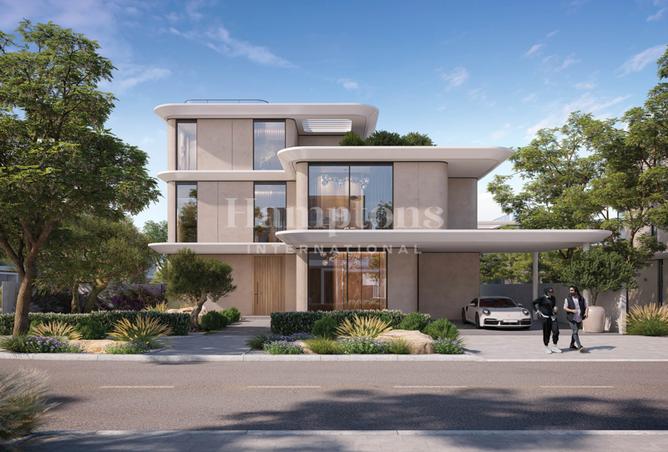
Villa
Listed 2 months ago
12,000,000 AED
Genuine Resale | Single Row | Investor deal
Park Gate, Dubai Hills Estate, Dubai
4
5
5,091 sqft
-
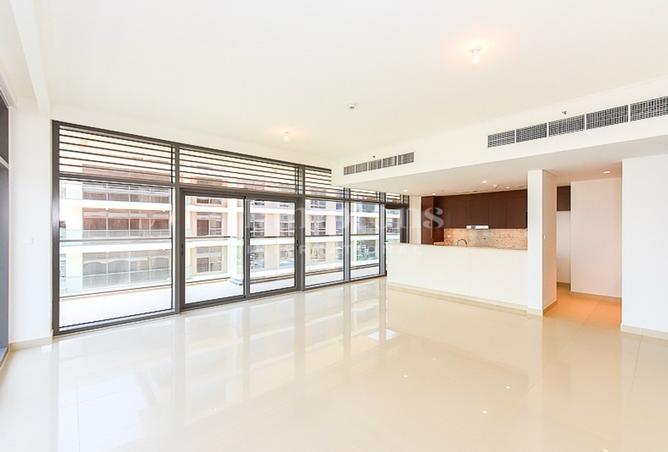
Apartment
Listed 2 weeks ago
4,900,000 AED
OPEN HOUSE 25TH APRIL | CALL NOW TO VIEW
Mulberry 1, Park Heights, Dubai Hills Estate, Dubai
3
3
1,946 sqft
-
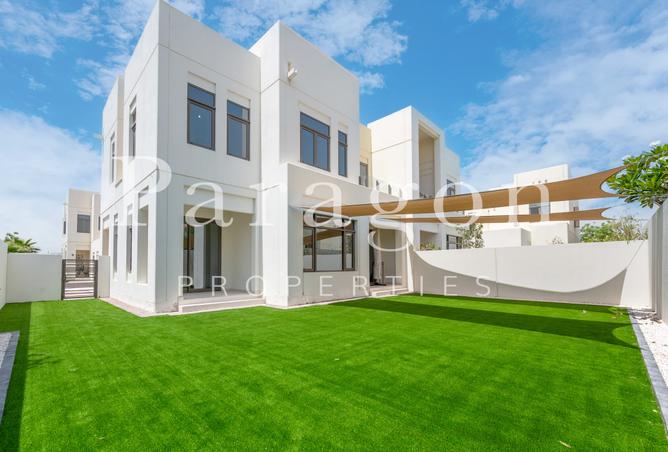
Townhouse
Listed 10 hours ago
4,100,000 AED
Vacant Type E | Corner Unit | View Today
Mira Oasis 2, Mira Oasis, Reem, Dubai
4
5
2,834 sqft
-
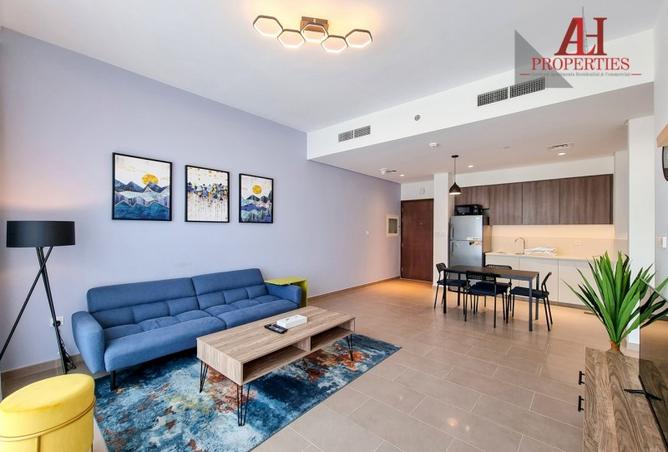
Apartment
Listed 15 hours ago
1,400,000 AED
Exclusive mid floor | Middle Floor | Notice Served
Park Heights 1, Park Heights, Dubai Hills Estate, Dubai
1
1
645 sqft
-
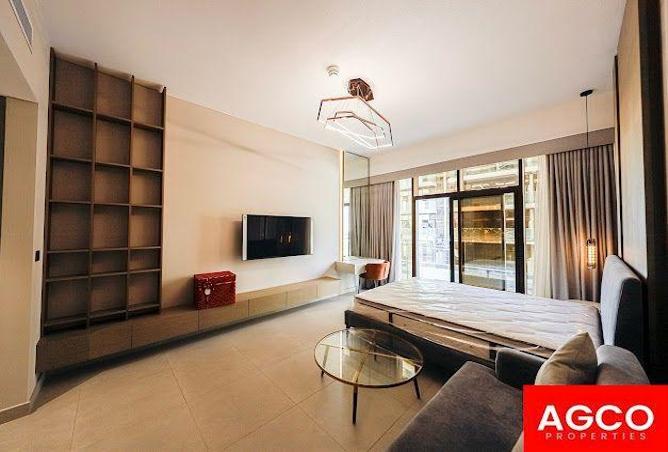
Apartment
Listed 2 days ago
780,000 AED
Brand new | Furnished | Modern | Vacant
Westwood Grande, Jumeirah Village Circle, Dubai
studio
1
431 sqft
-
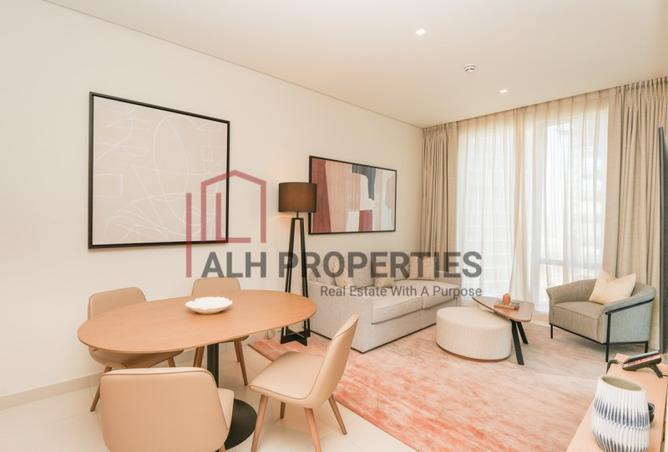
Apartment
Listed 1 day ago
2,800,000 AED
Best Price | Furnished | Mall Access | Brand New
Vida Dubai Mall Tower 1, Vida Residences Dubai Mall, Downtown Dubai, Dubai
1
2
759 sqft
-
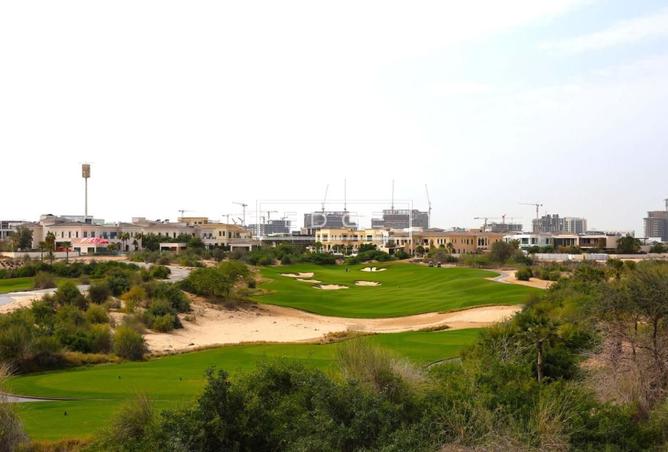
Villa
Listed 6 days ago
36,000,000 AED
Contemporary Type | Best Price | Golf View
Golf Place 2, Golf Place, Dubai Hills Estate, Dubai
6
7
15,918 sqft
-
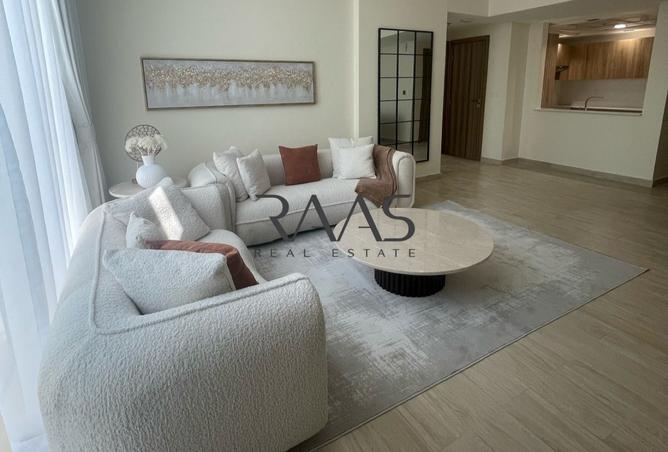
Apartment
Listed 1 day ago
1,350,000 AED
Exclusive | 0% DLD and Commission | Brand New
03 Residence by NED Al Ghurair, Jumeirah Village Triangle, Dubai
2
3
1,248 sqft
-
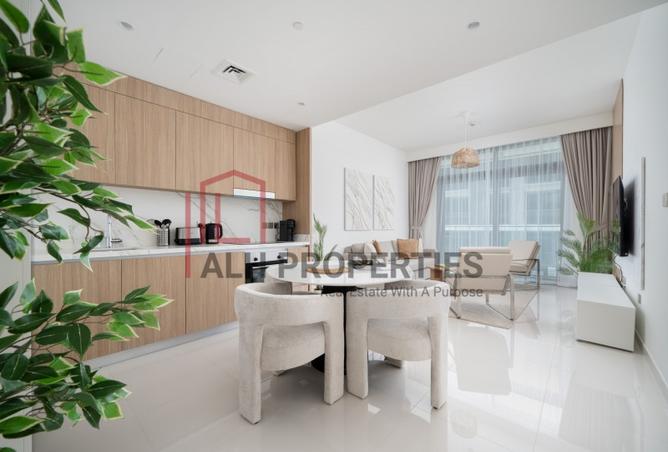
Apartment
Listed 1 day ago
2,800,000 AED
Vacant | Fully Upgraded | Best Price| Palm Sea View
Beach Vista, EMAAR Beachfront, Dubai Harbour, Dubai
1
1
711 sqft
3. Savings
The down payment is one of the most important factors that you should consider while planning to buy a new home in Dubai. In line with UAE Central Bank Regulations, the minimum deposit required for properties valued at less than AED 5 million is:
- Expats: 25% of the purchase price
- UAE Nationals: 20% of the purchase price
Moreover, it’s not allowed to use a personal loan obtained from a local bank to finance your down payment, as it must come from your own savings.
However, the above-mentioned upfront transaction costs, agent fees, and bank fees may be financed through a personal loan. This is according to the procedure for buying property in Dubai.
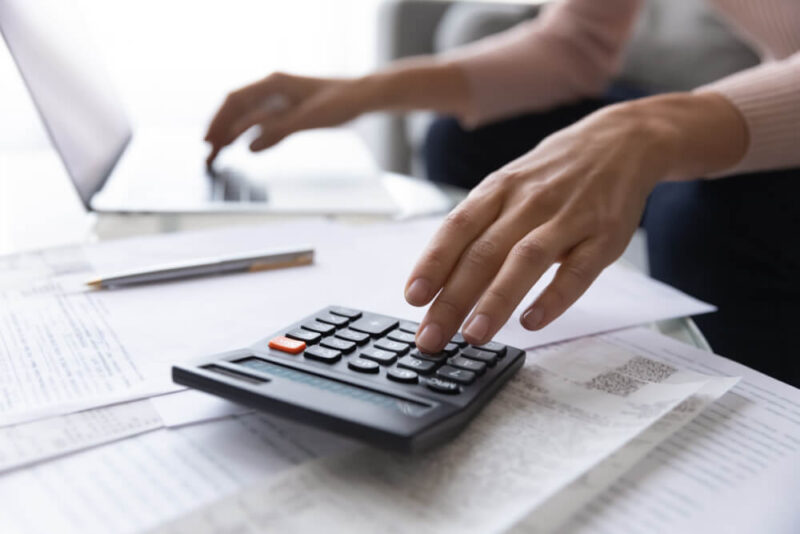
4. Rental Yields
You might have future plans for using your home as an investment; accordingly, it’s important to assess whether the projected rental income will be sufficient to cover your monthly mortgage repayment and maintenance expenses.
Investing in Dubai is surely a good step to consider but it should be well planned.
5. Real Estate Residence Visa
As an expat who is planning to buy property in Dubai, you should know the laws and conditions regarding the real estate residence visa; they are implemented by UAE’s government. It’s also known as Golden Visa.
This type of residency visa grants you a 3-year or 5- to 10-year stay validity, depending on the property’s value. That’s why owning a unit in Dubai is one of the ways to enjoy a long stay in the city.
6. Location
While searching for a home to buy in Dubai, there are different factors that you should keep in mind; the location is one of the crucial ones. You should pick a location that is in close proximity to the work, schools, and daily services.
Moreover, the daily commute time to reach your regular destinations, attractions, and facilities is also important when deciding if this location is suitable for you.
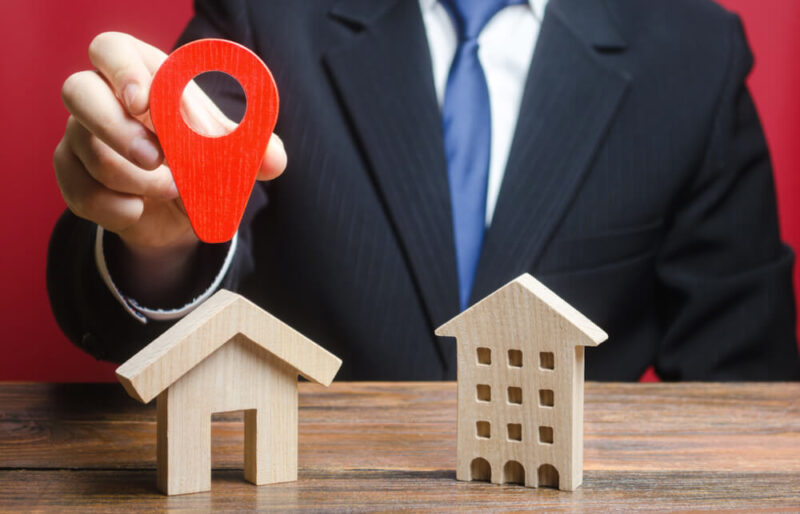
7. Property Size
Undoubtedly, the size of your home is among the main points you look after when choosing a new house. It’s always better to think and plan ahead.
So, for example, if you’re planning to get married soon, have babies, or some of your family members are going to join you, then a spacious home is a great option.
On the other hand, in case you have a small family or living on your own, then you can go for smaller units so you don’t pay for something you don’t need.
8. High Quality
When buying a home, you should consider how long have been the building constructed. This is especially if you’re going to buy a secondary property, meaning that you’re not the first owner.
Bear in mind to check the works of maintenance and renovation as well as the unit’s overall status.
Besides, for those looking for an off-plan option, then double-check the reputation of the developer regarding their work and commitment to delivery dates.
9. Market Conditions
Before making the final decision, it’s good and important to check the market status and condition of the area you choose. This is so you can know the best timing to buy and ROI in this district in case you offer it for rent later.
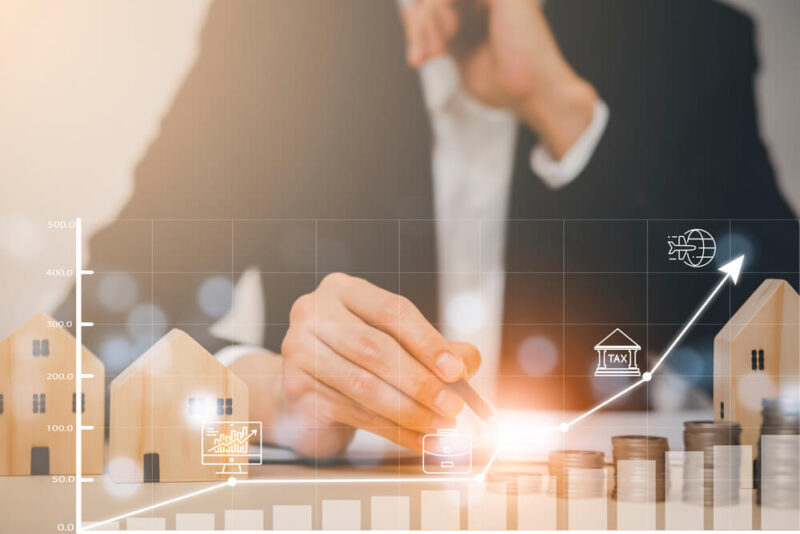
FAQ
How Can You Increase the Value of Your Unit?
It’s clear that the upfront costs of buying exceed the amount of your first 12 months’ rent cheque. However, over time, this gap flattens.
The main difference? With each monthly mortgage repayment, you are moving closer to owning your own home. Whereas, with each monthly rental payment, the harsh reality is, you are effectively paying someone else’s mortgage.
In addition to reducing your mortgage over time, long-term retention of your property should see you witness capital appreciation.
Capital appreciation is the increase in the market value of your property against the purchase price. The longer you hold the property, the greater the chances of it increasing in value and boosting your overall revenues.
Since you want to buy a property in Dubai, this list will help you organize your thoughts and effectively plan for this step. It’s surely a huge decision but a permanent and stable residence worth the effort.







